Learn more about MARSOC’s Special Operations Capability Specialists
- By Stavros Atlamazoglou
Share This Article
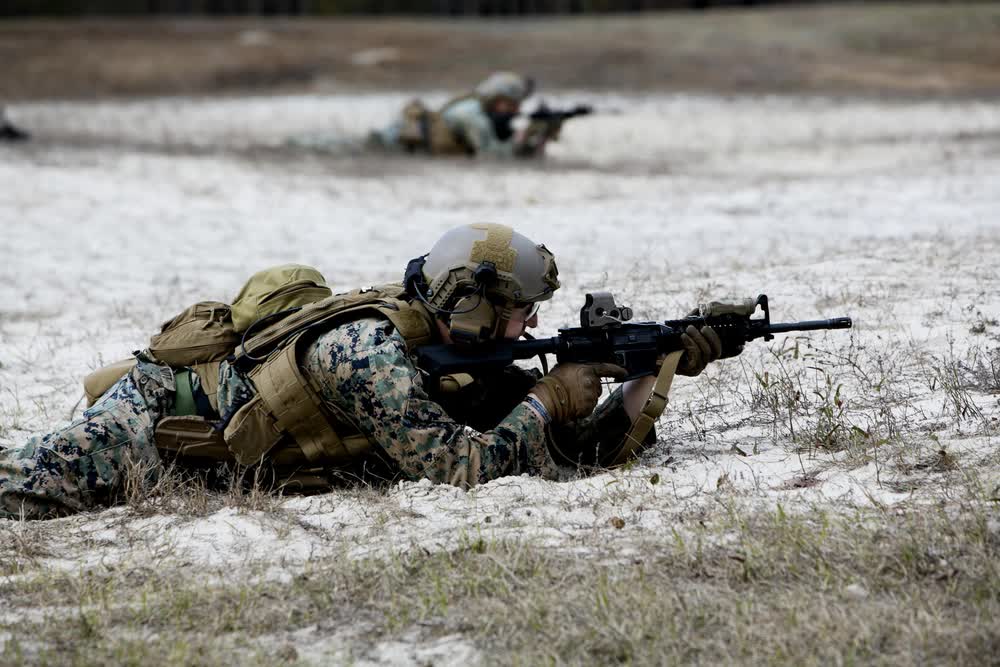
Editor’s Note: This article was sponsored by the Marine Corps Special Operations Command (MARSOC) and contains content developed in collaboration with their team.
Major counterterrorism and counterinsurgency operations in the Middle East might have slowed down, but the need for special operations forces has not. The specter of large-scale conflict with a near-peer adversary remains a reality, and the United States Marine Corps Forces Special Operations Command (MARSOC) is getting ready.
While Critical Skill Operators (CSOs) are the front line of MARSOC, Special Operations Capability Specialists (SOCS) offer key support. SOCS are highly trained in vital support functions such as tactical communications, cyber operations, explosive ordnance disposal, intelligence analysis, and logistics coordination. They directly and indirectly provide support on the ground.
SOCS ensure that MARSOC’s operational teams have the necessary resources, equipment, and support to carry out their missions effectively.
One of the most important functions of SOCS is intelligence analysis: These specialized Marines are responsible for gathering and analyzing intelligence and providing critical information to the operational teams. This expertise helps in identifying potential threats, understanding the enemy’s capabilities, and formulating strategies for successful operations.
Further, SOCS must excel in logistics and supply management, ensuring the teams have the necessary equipment, ammunition, and resources to operate independently for extended periods of time.
Related: What MARSOC tests in its Assessment and Selection
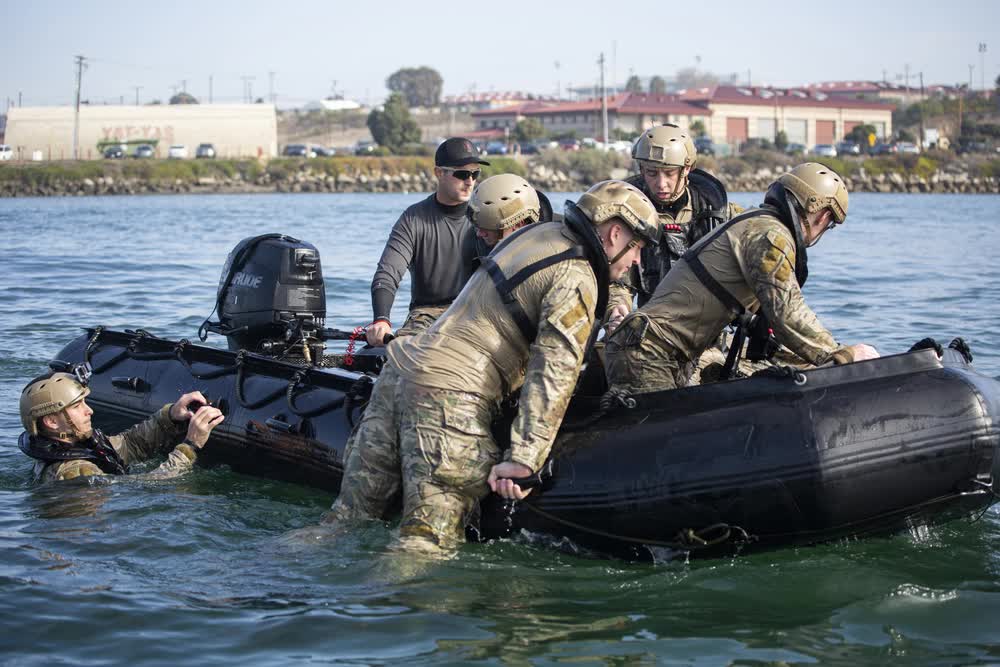
SOCS’ training ensures that they bring added value to the team on the ground.
Although they follow a different training pipeline than the Marine Raiders of MARSOC – the Critical Skill Operators and Special Operations Officers – Marines interested in becoming SOCS have to undergo a rigorous assessment process. This ensures that only those with the requisite physical and mental strength and endurance will move forward.
To become a SOCS, a Marine must first take the SOF Fundamentals Course that teaches the “warfighting skills necessary to ‘shoot, move and communicate’ as an integral component” of a MARSOC team.
A subsequent training phase further ensures that those who become SOCS are technically and tactically proficient to support a special operations element downrange. This consists of a Survival, Evasion, Resistance, and Escape (SERE) course, and a specific military occupational specialty course that is different for each job.
While CSOs may operate at the furthest reaches of American foreign policy, SOCSs ensure the smooth functioning of MARSOC’s operations. Their expertise in tactical communications, intelligence analysis, and logistics, among other things, enables frontline special operators to focus on their specialized roles, contributing to a mission’s success.
MARSOC’s mission is to recruit, train, sustain, and deploy scalable, expeditionary forces worldwide to accomplish special operations missions assigned by U.S. Special Operations Command. To accomplish that, MARSOC equips and trains Marines to succeed in austere conditions against a wide range of adversaries in competition through conflict. Marine Raiders execute complex, distributed operations globally in uncertain environments, achieving silent success and strategic impact. For more information visit www.marsoc.com.
Read more from Sandboxx News
- 5 futuristic military technologies that will shape the battlefield
- Why America never sold the F-22 Raptor to foreign countries
- The fighter jet that got Pepsi sued is approaching retirement
- Tougher-than-nails Coast Guard rescue swimmers describe daring rescues
- How Marine Raiders benefit from their diverse occupational and cultural backgrounds
Related Posts
Sandboxx News Merch
-

‘AirPower’ Classic Hoodie
$46.00 – $48.00 Select options This product has multiple variants. The options may be chosen on the product page -

‘Sandboxx News’ Trucker Cap
$27.00 Select options This product has multiple variants. The options may be chosen on the product page -
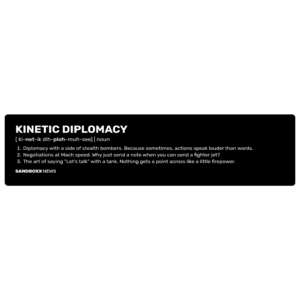
‘Kinetic Diplomacy’ Bumper Sticker (Black)
$8.00 Add to cart
Stavros Atlamazoglou
Greek Army veteran (National service with 575th Marines Battalion and Army HQ). Johns Hopkins University. You will usually find him on the top of a mountain admiring the view and wondering how he got there.
Related to: Special Operations
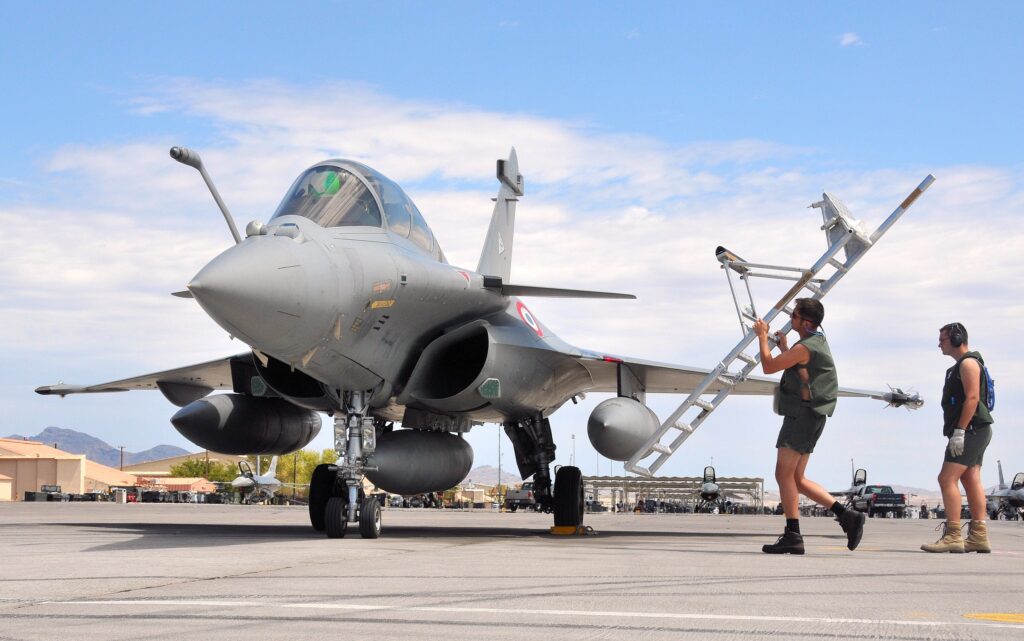
Could France undertake the role of Europe’s nuclear protector? Potentially
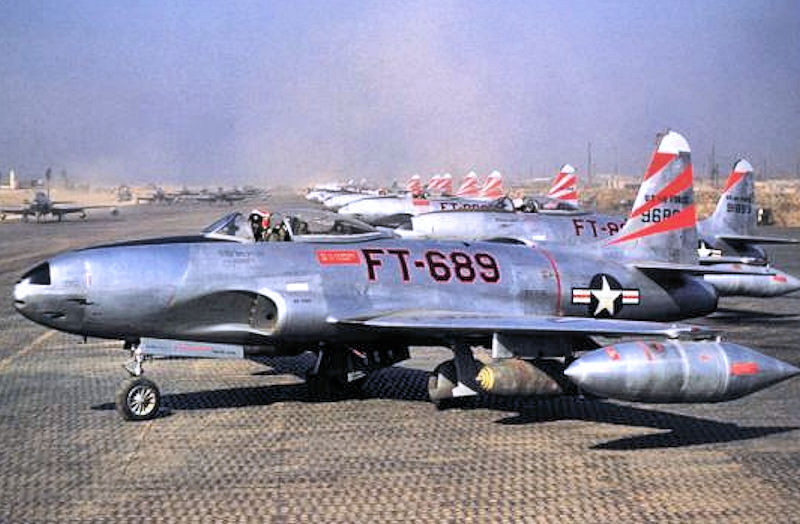
What are the differences between the six generations of fighter aircraft?
Sandboxx News
-

‘Sandboxx News’ Trucker Cap
$27.00 Select options This product has multiple variants. The options may be chosen on the product page -

‘AirPower’ Classic Hoodie
$46.00 – $48.00 Select options This product has multiple variants. The options may be chosen on the product page -

‘AirPower’ Golf Rope Hat
$31.00 Select options This product has multiple variants. The options may be chosen on the product page -

‘Sandboxx News’ Dad Hat
$27.00 Select options This product has multiple variants. The options may be chosen on the product page
